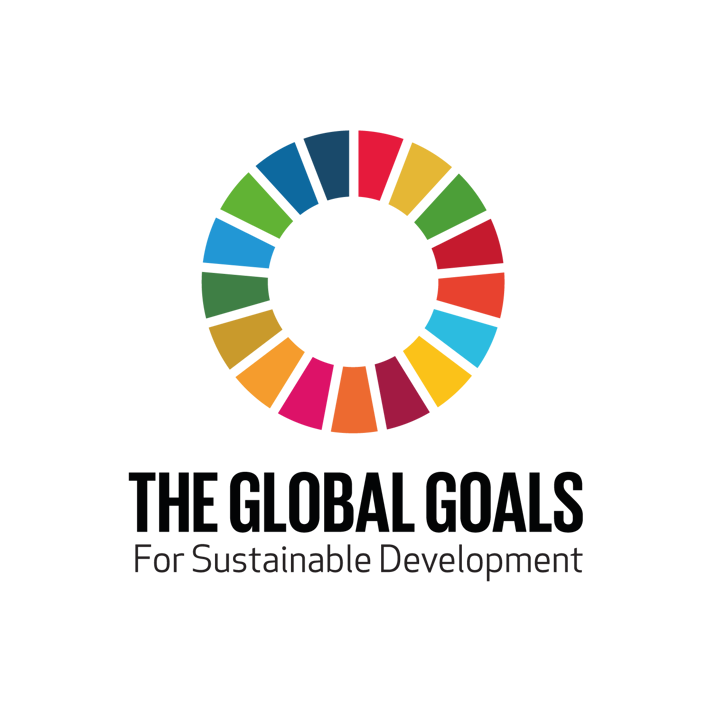Sustainable Development Goals
Published
At the UN Summit on 25 September 2015, the world’s heads of state and government adopted 17 Global Goals and the 2030 Agenda for Sustainable Development. The countries of the world have committed themselves to leading the world towards a sustainable and equitable future, beginning on 1 January 2016 and continuing until 2030.

Through the Global Goals and the 2030 Agenda for Sustainable Development, the countries of the world have committed themselves, beginning on 1 January 2016 and continuing until 2030, to ending poverty and hunger everywhere, combatting inequalities within and among countries, building peaceful, just, and inclusive societies, protecting human rights and promoting gender equality and the empowerment of women and girls, and ensuring the lasting protection of the planet and its natural resources. The countries of the world have resolved to create conditions for inclusive and sustainable economic growth and decent work for all, taking into account different levels of national development and capacities.
How the Global Goals will be achieved in Sweden
In Sweden, all government ministers will be responsible for implementation of the 2030 Agenda within their own areas of responsibility. Minister for Public Administration Ardalan Shekarabi has particular responsibility for national implementation, which involves municipalities and county councils, as well as government agencies and the Government Offices. How the Global Goals will be achieved also depends on the commitment of other actors, such as non-governmental organisations, the business sector, trade union organisations and academia.
Minister for Strategic Development and Nordic Cooperation Kristina Persson is responsible for identifying strategic measures that should be taken to ensure effective implementation in the long term.
Sweden's international efforts
The Global Goals and the 2030 Agenda also provide a valuable framework for increased international cooperation. Sweden's overall foreign policy will help enable implementation of the 2030 Agenda and achievement of the Global Goals. Minister for International Development Cooperation Isabella Lövin will lead these activities at the Ministry for Foreign Affairs. Cohesion within and among policy areas will be crucial.
The Addis Ababa Action Agenda (AAAA) on financing for development is an integrated component of the 2030 Agenda and stipulates means of implementation. In addition, Sweden's Policy for Global Development, and the future policy framework for development cooperation will be important tools for successful implementation.
#FirstGeneration -
This spring, the Swedish Ministry for Foreign Affairs is launching its international communication initiative #FirstGeneration, an international campaign to generate engagement, strengthen communication and broaden popular support for the Global Goals and 2030 Agenda for sustainable development. In collaboration with Sweden's embassies and local and international partners, events will be organised around the world, using positive influence to draw attention to and generate engagement on the Global Goals. Teachers and educators have a key, unique role and the possibility to reach out to and engage young people on issues concerning social, economic and environmental sustainability.

 X
X